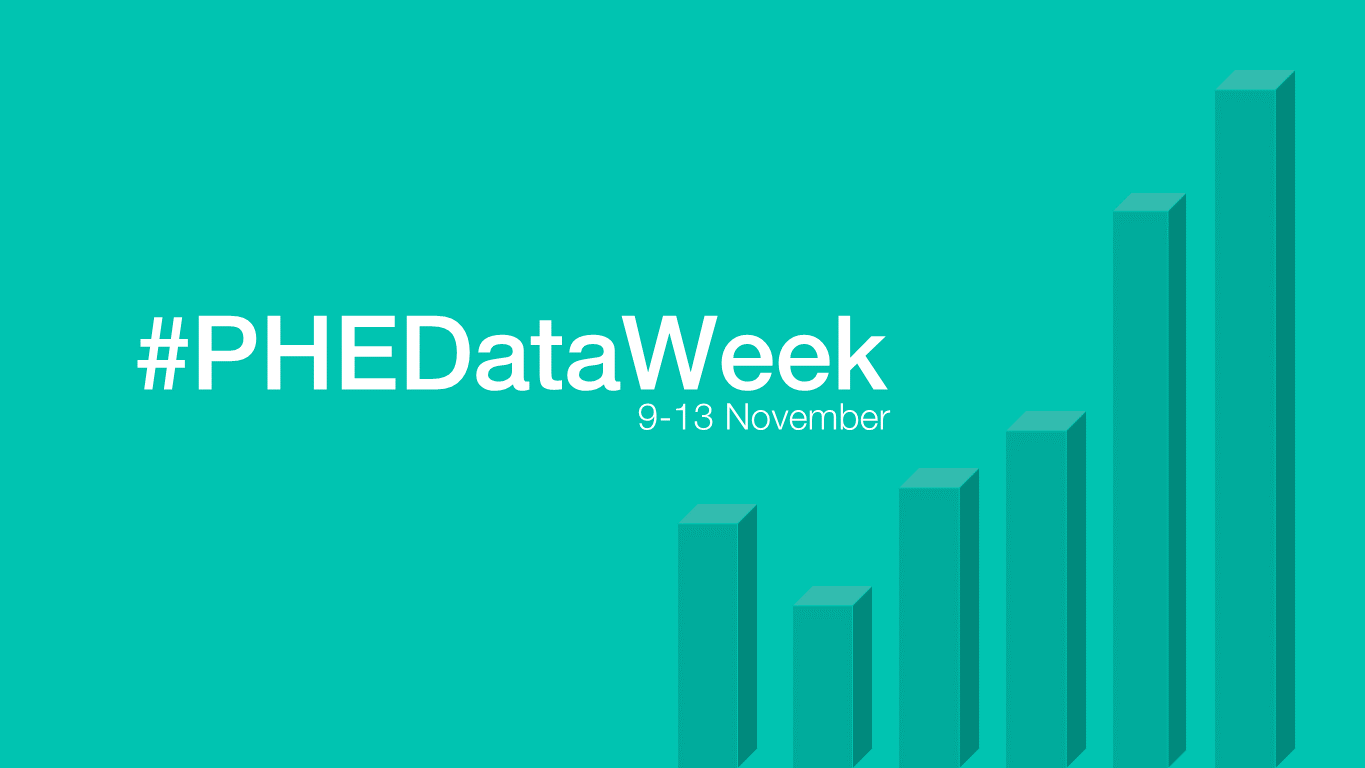
One in five people living in the UK are aged between 10 and 24 and we know that what happens in childhood plays a pivotal role in future health and happiness - this is why giving the best start in life is a PHE priority.
In the National Child and Maternal Health Intelligence Network we work with partners to agree priorities and turn data about young people into meaningful health intelligence which informs the planning and delivery of high quality, cost-effective services for this fifth of our population.
Current national trends
With our support, the Association for Young People’s Health recently published Key Data on Adolescence which summarises the latest available data on young people in the UK.
It gives a unique insight into what is happening nationally, setting it within an international context and alongside broader research evidence. Dr Ann Hagell’s blog on the topic highlighted the many positive trends we have seen recently in this age group: proportions drinking, numbers smoking and rates of teenage pregnancy are all at the lowest rates for decades.
While these improvements should be applauded, we know that ongoing efforts will be needed both nationally and locally to sustain them and also to address issues such as mental health where the trend is less encouraging.
Applying national data locally
The inevitable question which then follows for local government and NHS partners is how these national trends are reflected on the ground.
This is where the intelligence network comes in. We work with national organisations to encourage the use of data and evidence to improve health and wellbeing and reduce inequalities, pulling it together into a single young people's knowledge hub.
As a starting point to look at local data, we’d recommend our young people’s profiles which highlight the key issues such as smoking, alcohol and drug use, mental health and teenage pregnancy alongside wider wellbeing indicators such as education, youth justice and homelessness.
It’s here that you’ll find indicators for some of the key issues highlighted in Key Data on Adolescence 2015 for each local authority. Many of these indicators are also available for clinical commissioning groups using Data Atlas.

Data is only part of the story and so we offer a weekly Child and Maternal Health Knowledge Update which will keep you up to date with the latest news from us and other organisations as well as events, policy reports, research and other resources relating to young people's health.
By combining the data with the evidence in one place, we hope to help local areas take informed decisions in planning services which meet young people’s needs and continue the good work shown in national trends.
